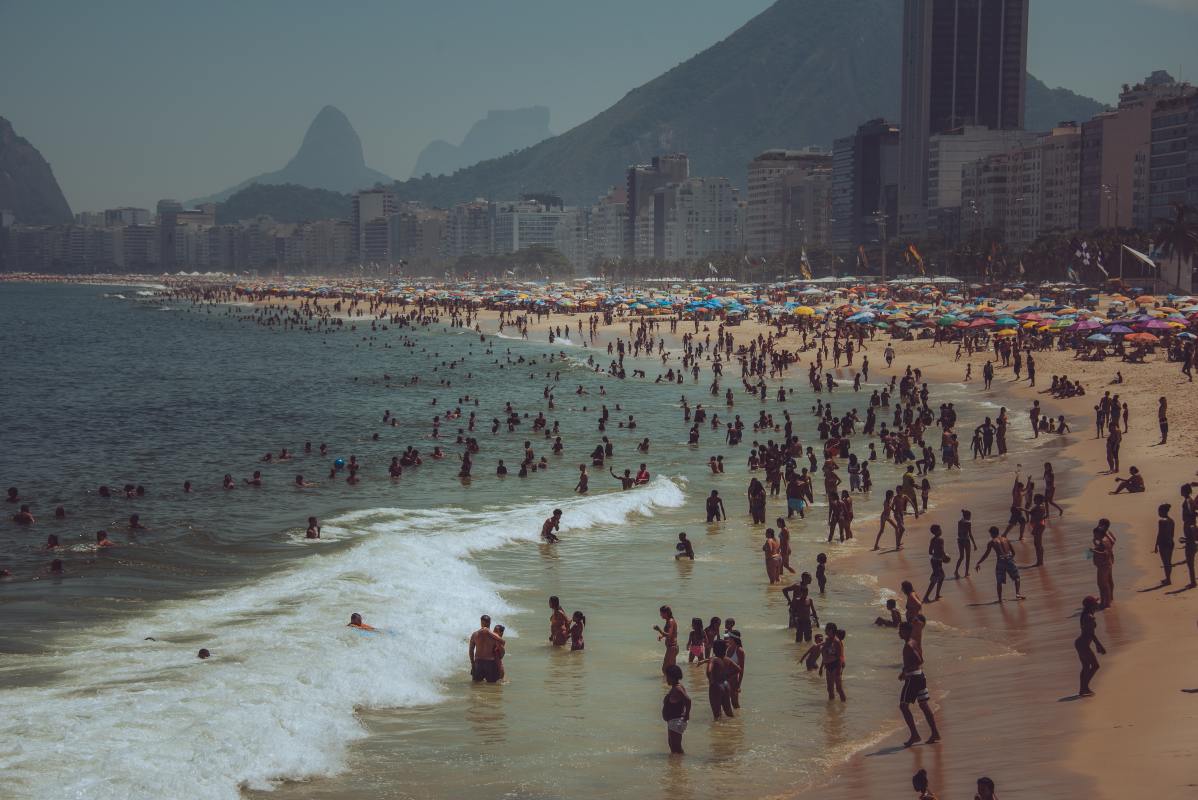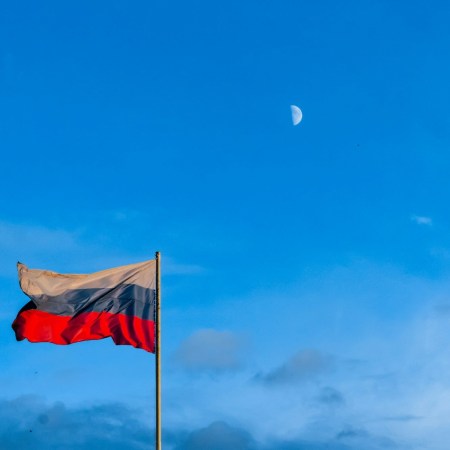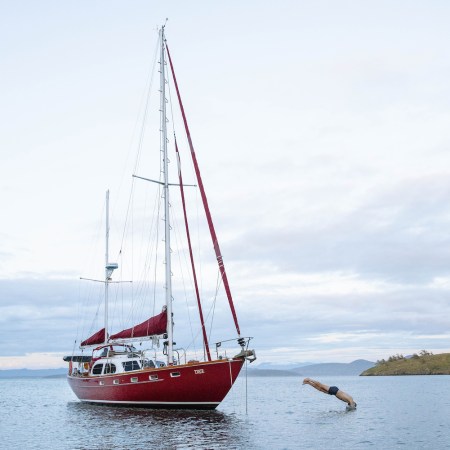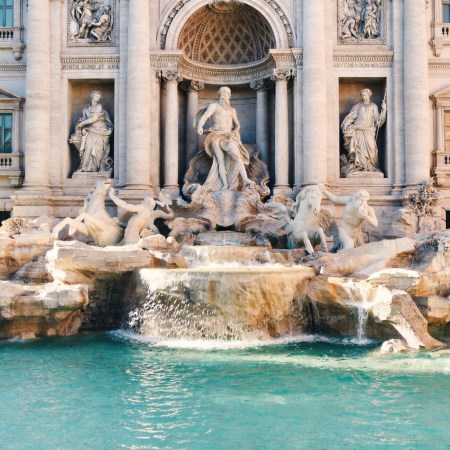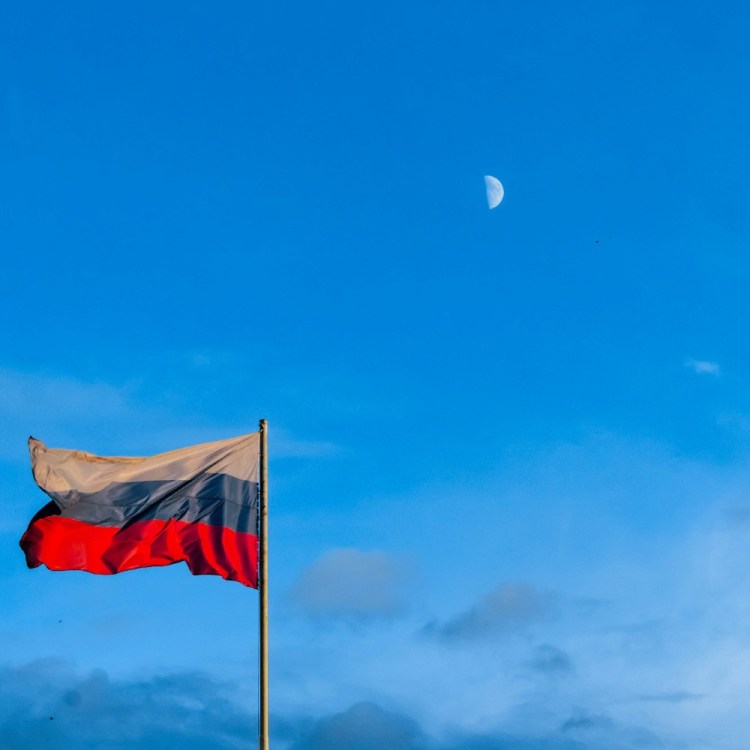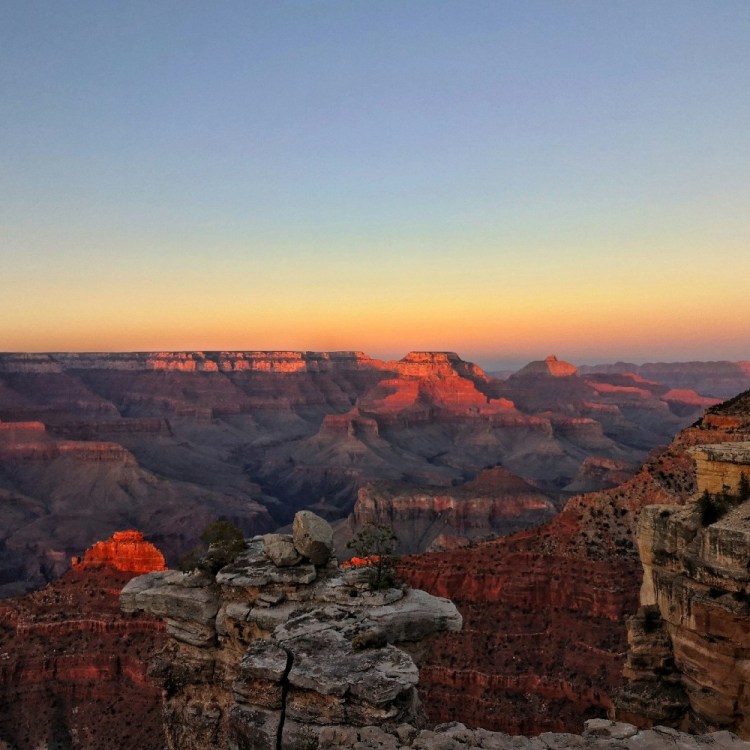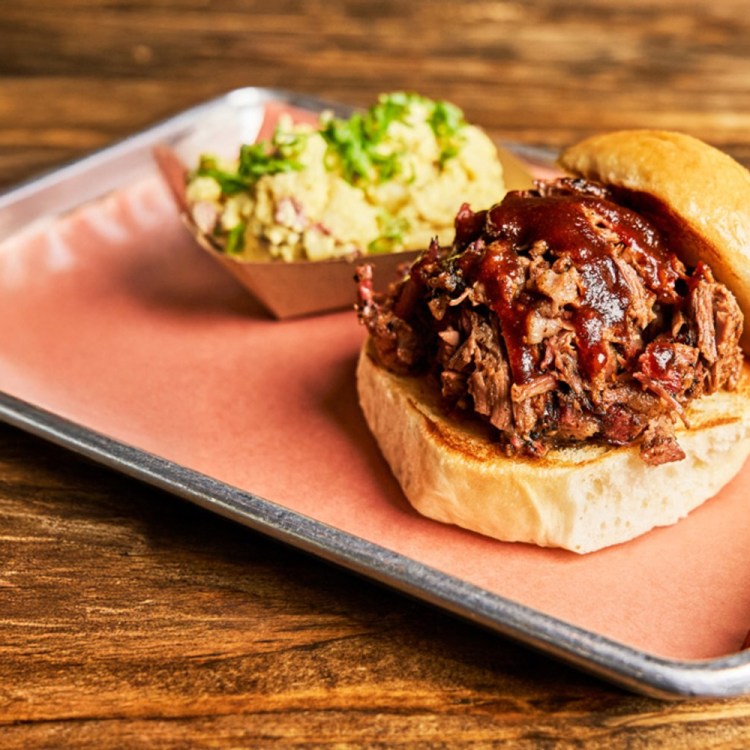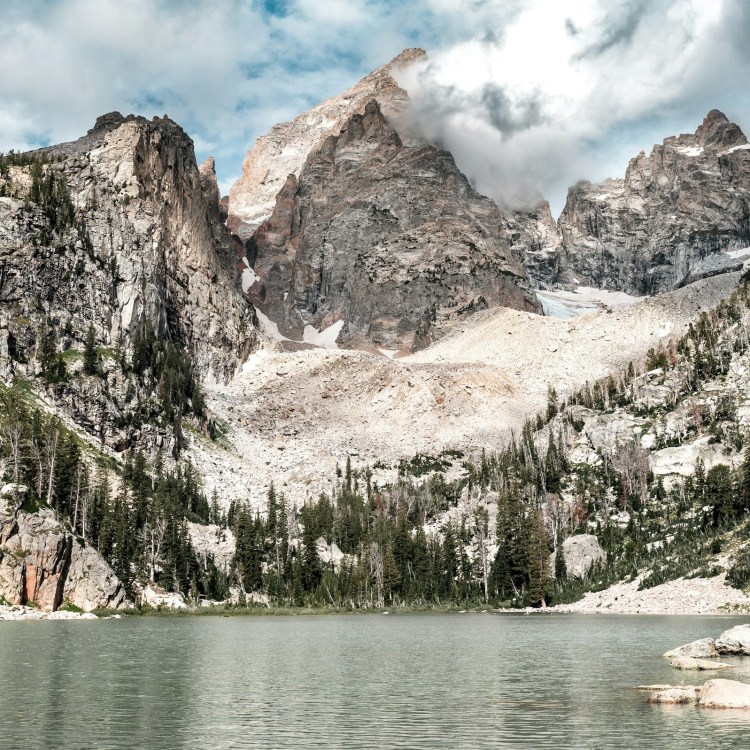In 2020, following the death of George Floyd, the travel industry joined leagues of others in vowing their commitment to diversification and inclusivity. Companies posted black squares on their official Instagram pages alongside the #blackouttuesday hashtag and shared sentiments that they resolved to do better.
For many, at that time, it felt performative at best. Now? Arguably even more so. The fact is, while there have been some big strides in the right direction, the industry as a whole still has a long way to go.
According to a recent study by MMGY Global, reported by Jessica Poitevien for Conde Nast Traveler, 54% of Black American travelers said that they are more inclined to visit a destination if they’ve seen Black representation in the travel advertising. According to a 2019 interview with Martinique Lewis, a diversity in travel consultant and President of the Black Travel Alliance — an organization that champions Black travel professionals and works to hold companies accountable, “[Black people] are reflected in less than 3% in tourism ads and promotion,” despite there being somewhere around 40 million Black millennial travelers across the US, UK and EU combined. But in 2021, that representation is still sorely lacking. It’s why she believes the emphasis now should be, first and foremost, on marketing and hiring.
Take travel agents, for example. According to DataUSA, in 2018 the travel agent industry housed a workforce of approximately 66,500. Of those agents, a whopping 78% were white. Alternatively, only 6.8% were black. And even while a number of tragic events found travel brands working to reverse years of underrepresentation with an unprecedented sense of urgency last summer, the fruits of their labor thus far have been, as a whole, underwhelming.
Wazha Dube is a manager at global hospitality consulting firm Index Select who, in an interview with Poitevien, said, “[Travel brands that initially vocalized their support for BLM] had the best of intentions. I give them credit for that, but they weren’t really in it for the long haul and this is because a lot of these companies don’t even have Black staff. They’re not in the fight.”
But now also consider that Black people generally spend around $63 billion on travel annually. It begs the question: What more incentive is needed? It’s not as if, on top of fulfilling their social obligation and doing what is fundamentally right, there are no benefits to be reaped from diversifying the industry. In reality, it stands to reason that the inclusion of more Black travel professionals across the board would only serve to increase the amount being spent by Black travelers on a reccurring basis.
MMGY Global’s CEO — Clayton Reid — also weighed in, saying, “The findings of [the MMGY Global] report, along with the sustained calls by Black travelers for diversity and equality, should be an impetus for the travel industry to make a long-needed change. Companies should be prepared to demonstrate their moral and ethical commitment to ensuring Black travelers are given the service and hospitality that they so rightly deserve.”
With mass layoffs still happening as a result of COVID-19, there may be no choice but to curb our expectations on the hiring front for the time being. But with an anticipated travel surge this summer, many companies may potentially be presented with another window of opportunity to remedy that. Worth noting, too, is that a standalone black square on Instagram no longer falls under the umbrella of what Black travelers “so rightly deserve.” It never did.
Thanks for reading InsideHook. Sign up for our daily newsletter and be in the know.
